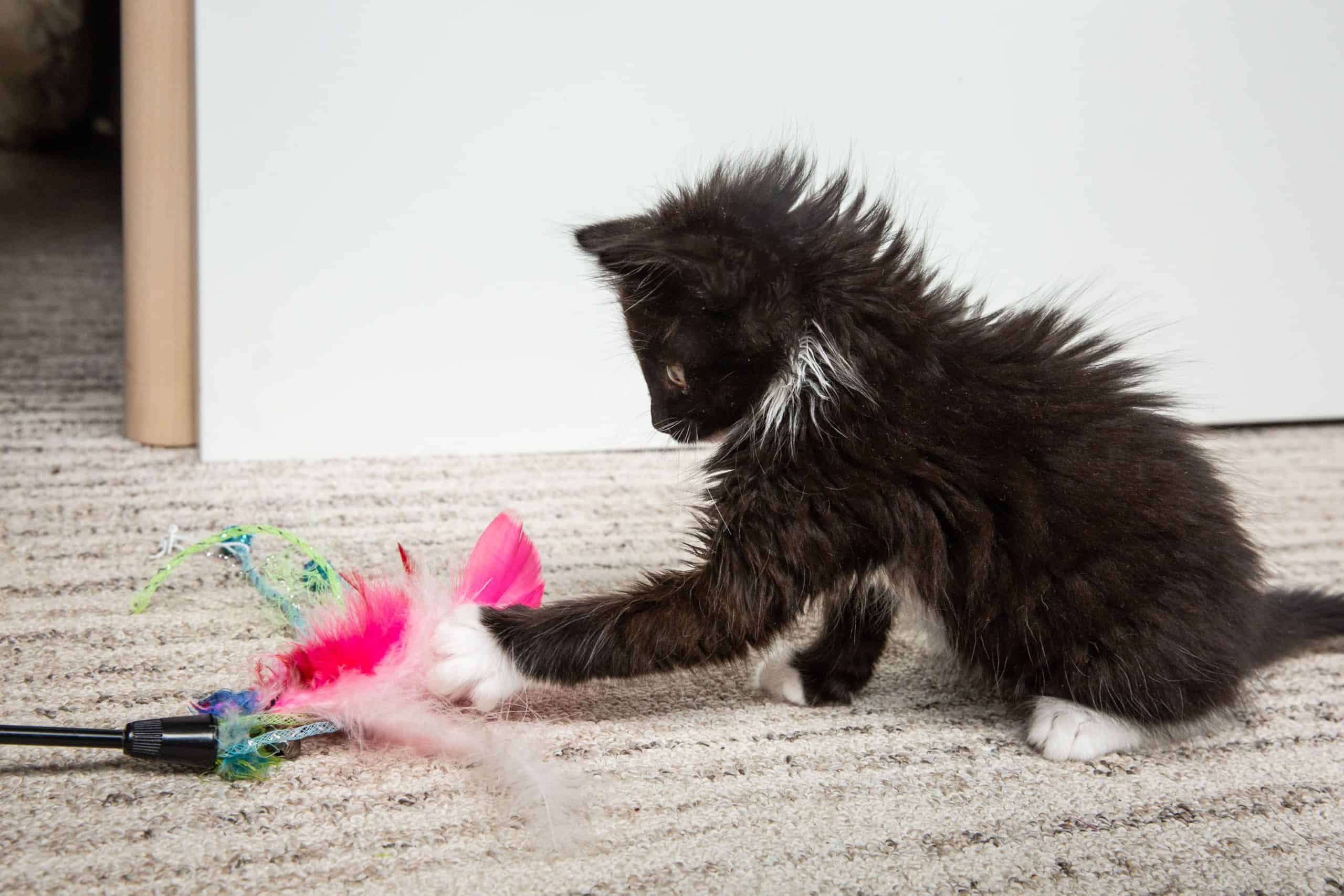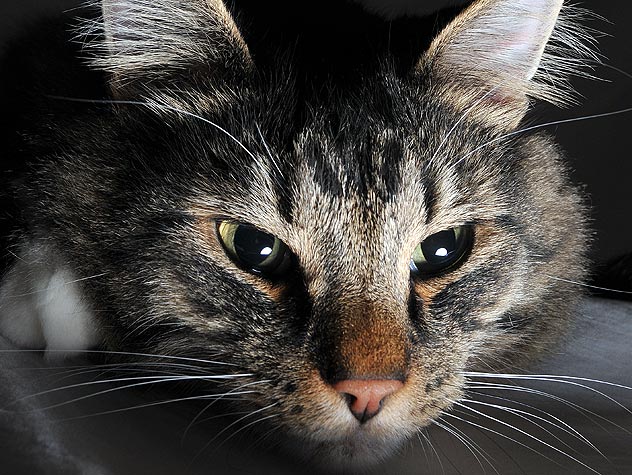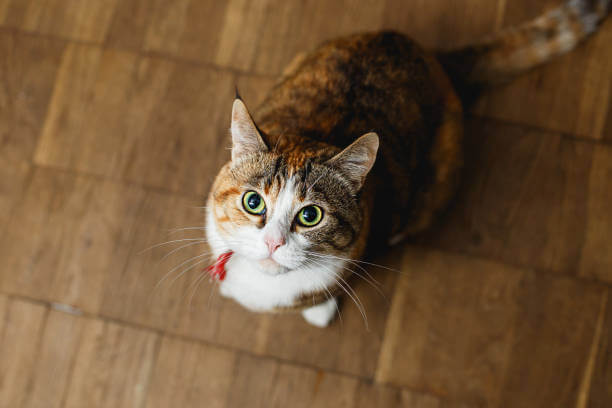Breeders keep kittens until 12 weeks for their socialization and health development. Keeping kittens until they are 12 weeks old is a common practice for responsible breeders.
During this time, kittens develop important socialization skills and their immune systems strengthen, making them more resilient to stress and disease. Kittens learn from their mother and littermates how to play, communicate, and offer and interpret various body language signals. Moreover, the extra time with their breeder provides the opportunity for the kittens to become accustomed to human interaction and handling. This socialization is important for ensuring that the kittens can adjust well to their new homes and families. Furthermore, breeders often add weaning and litter box training to the socializing process to make sure the kittens are healthy and ready for adoption. Overall, the additional weeks are critical in shaping kittens’ behaviors and laying a foundation for their future health and socialization.

Credit: www.aspcapro.org
Benefits Of Keeping Kittens Until 12 Weeks
Kittens need to be with their mother until they are at least 10 weeks old to receive proper nutrition and socialization. Optimal development requires staying with littermates and mother until 12 weeks. Breeders ensure first vaccinations and deworming to protect kittens from disease.
Staying with mother and littermates until 12 weeks also helps kittens learn important behaviors and socialization skills. This can prevent future behavioral issues. By keeping kittens until 12 weeks, breeders are caring for their kittens’ health and well-being, and preparing them for happy, healthy lives with their new families.
Legal Requirements For Keeping Kittens Until 12 Weeks
Keeping kittens until 12 weeks old is not just a personal preference for breeders, it’s also a legal requirement. There are numerous guidelines and regulations in place to ensure the well-being and proper development of the kittens. Firstly, they need to be properly weaned and eating solid food on their own.
Secondly, they require time to develop their social skills, learn from their mother and littermates, and build their immune systems. Additionally, they may need vaccinations and health checkups prior to being adopted. Breeding kittens is a significant responsibility, and ensuring their health and welfare is crucial for both the cat and the owner.
It’s important to follow these guidelines to ensure the best chances for the kitten’s healthy growth and a successful adoption.
All About Kittens: Kitten Growth Stages & Milestones!
Breeders’ Responsibility During Early Weeks
Breeders are responsible for proper care during early weeks. Proper nutrition and clean living conditions help prevent disease. Socializing kittens with humans and handling them regularly also prepare them for their new homes. Breeders should ensure kittens receive the necessary care and attention for healthy development.
Keeping a clean environment with plenty of playtime and socialization helps to ease a kitten’s transition to their new family and home. By meeting these responsibilities, breeders establish a foundation for healthy, happy kittens and help ensure successful adoptions.
Preparing Kittens For Their New Homes
Kittens are usually kept with breeders until they are around 12 weeks old. The breeder should provide a health certificate to the new owner that includes information about the kitten’s health status and vaccinations. Additionally, breeders should provide instructions on feeding, grooming, and general care to the new owners.
This ensures that kittens are well-taken care of and will have a healthy and happy transition to their new homes. The breeder should also prepare a safe transportation option for the kitten to reduce stress during the journey. These practices will make the adoption process smoother and help build trust between breeders and new owners.
After all, every kitten deserves the best possible start in their new homes!
Frequently Asked Questions On Why Do Breeders Keep Kittens Until 12 Weeks
Why Is It Important For Breeders To Keep Kittens Until 12 Weeks?
Breeders keep kittens until 12 weeks so that they can receive proper weaning from their mother. Also, at 12 weeks, kittens have developed physically, emotionally, and mentally, making them well-prepared to leave their mother’s care.
How Does Keeping Kittens Until 12 Weeks Benefit Them?
Kittens that stay with their mother until 12 weeks tend to have better socialization skills and are less likely to have behavioral problems in the future. They also receive proper nutrition, which contributes to their overall health.
At What Age Can Kittens Be Adopted?
Kittens can be adopted after 12 weeks of age. Adopting them earlier than that can lead to several developmental problems and illnesses.
How Can A New Owner Ensure Their Kitten’S Health And Well-Being?
New owners must ensure that their kitten is given proper nutrition, routine vet checkups, and socialization with humans and other pets. They must also provide a safe living environment and regular hygiene checks.
What Do Breeders Do During The 12 Weeks They Keep Kittens?
During the 12 weeks, breeders should provide kittens with a comfortable living environment, proper nutrition, playtime, and regular vet checkups. This way, the kittens can develop physically and emotionally and are often prepared for their new homes.
Conclusion
Breeders keep kittens until 12 weeks for several reasons. It gives kittens enough time to develop important social and behavioural skills necessary for their long-term well-being. It also ensures that kittens have received all their vaccinations and medical check-ups, which is crucial for their health.
Moreover, waiting until 12 weeks to sell kittens reduces the risk of emotional stress and medical problems resulting from separating kittens from their mothers and littermates too early. Breeders also take this time to determine whether the kitten is healthy, socialised and suitable for new homes.
It’s important to note that purchasing a kitten from a reputable breeder who follows these guidelines increases the chances of having a happy, healthy, well-adjusted pet. Therefore, it’s always good to ask questions and do research before getting a new kitten.
{ “@context”: “https://schema.org”, “@type”: “FAQPage”, “mainEntity”: [ { “@type”: “Question”, “name”: “Why is it important for breeders to keep kittens until 12 weeks?”, “acceptedAnswer”: { “@type”: “Answer”, “text”: “Breeders keep kittens until 12 weeks so that they can receive proper weaning from their mother. Also, at 12 weeks, kittens have developed physically, emotionally, and mentally, making them well-prepared to leave their mother’s care.” } } , { “@type”: “Question”, “name”: “How does keeping kittens until 12 weeks benefit them?”, “acceptedAnswer”: { “@type”: “Answer”, “text”: “Kittens that stay with their mother until 12 weeks tend to have better socialization skills and are less likely to have behavioral problems in the future. They also receive proper nutrition, which contributes to their overall health.” } } , { “@type”: “Question”, “name”: “At what age can kittens be adopted?”, “acceptedAnswer”: { “@type”: “Answer”, “text”: “Kittens can be adopted after 12 weeks of age. Adopting them earlier than that can lead to several developmental problems and illnesses.” } } , { “@type”: “Question”, “name”: “How can a new owner ensure their kitten’s health and well-being?”, “acceptedAnswer”: { “@type”: “Answer”, “text”: “New owners must ensure that their kitten is given proper nutrition, routine vet checkups, and socialization with humans and other pets. They must also provide a safe living environment and regular hygiene checks.” } } , { “@type”: “Question”, “name”: “What do breeders do during the 12 weeks they keep kittens?”, “acceptedAnswer”: { “@type”: “Answer”, “text”: “During the 12 weeks, breeders should provide kittens with a comfortable living environment, proper nutrition, playtime, and regular vet checkups. This way, the kittens can develop physically and emotionally and are often prepared for their new homes.” } } ] }


